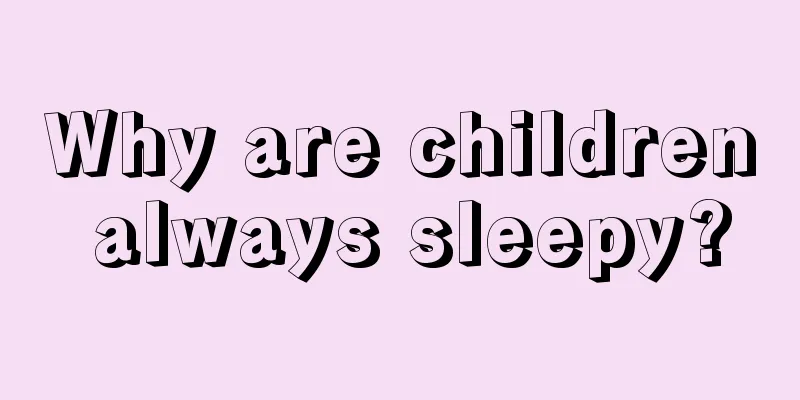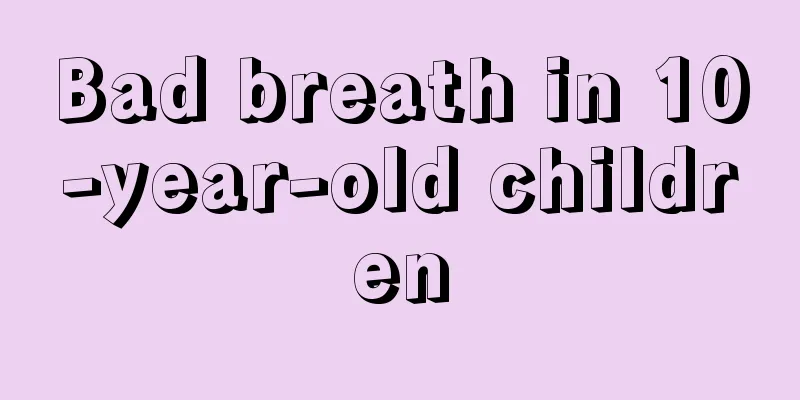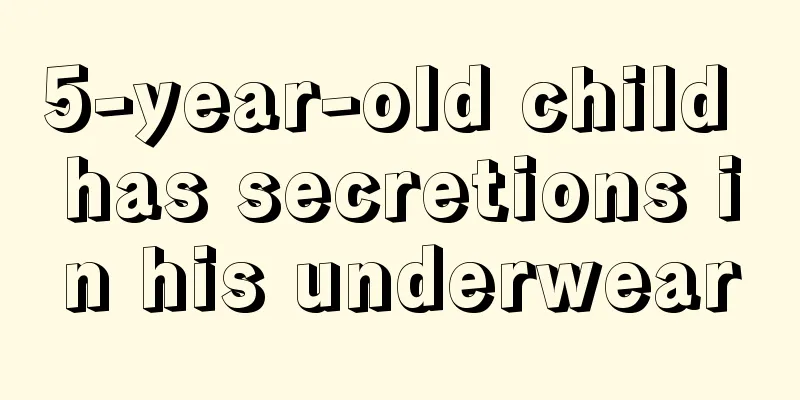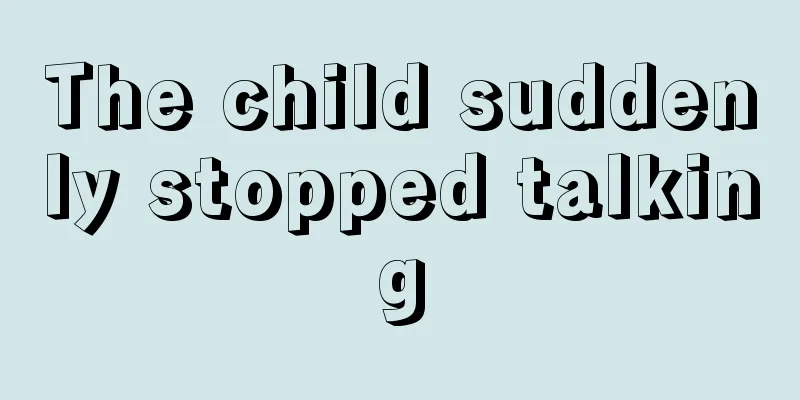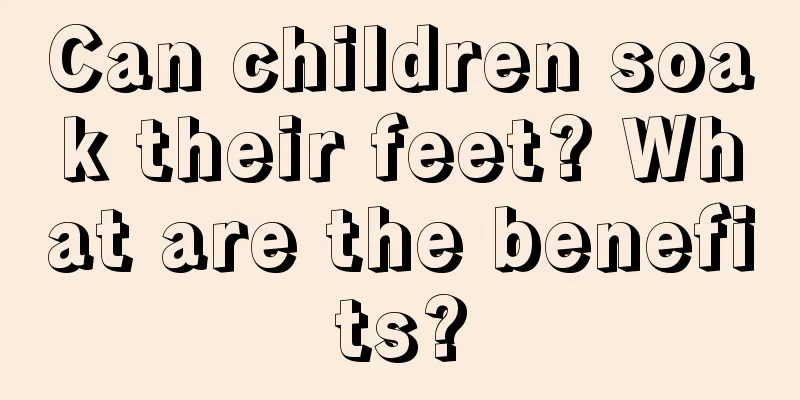What to do if your 8-month-old baby has a low-grade fever
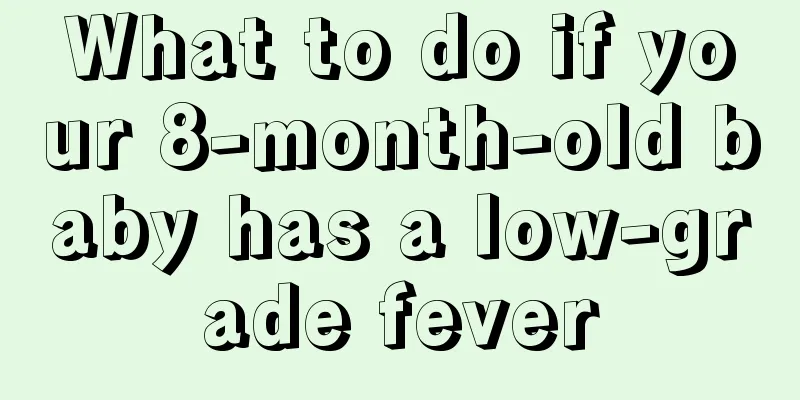
|
The normal basal body temperature of a child is around 36.9 to 37.5. If it exceeds one degree, it can be judged as a fever. If it is below one degree, it can be judged as a low fever. The child is still in the critical period of physical growth. At this time, the child should be able to eat, jump and exercise a lot, so at this time, you must pay attention to keeping the child warm to prevent the baby from getting sick. If a child has a low fever, these treatments and precautions must be taken. The normal basal body temperature of children is 36.9℃~37.5℃. Generally, when the body temperature exceeds the basal body temperature by more than 1°C, it is considered a fever. Among them, low fever refers to body temperature fluctuating around 38°C, and high fever refers to body temperature above 39°C. Continuous fever for more than two weeks is called long-term fever. The above-mentioned basal body temperature refers to the rectal temperature, which is measured from the anus. Generally, the oral temperature is 0.3℃~0.5℃ lower than the rectal temperature, and the axillary temperature is 0.3℃~0.5℃ lower than the oral temperature. Pay attention to whether the ambient temperature is too high. In the hot summer, the temperature is very high and the baby's ability to regulate its own body temperature is poor. When the mother holds the baby, the heat is not easy to dissipate, causing the body temperature to rise. However, this kind of fever usually does not last too long. Put the child in a cool place, fan him slightly, give him some cool fruit juice, or give him a warm bath, and the body temperature will return to normal after a few hours. In winter, if the indoor temperature is too high and the baby is wrapped too much, the baby's body temperature will also rise. Pay attention to whether there is bacterial or viral infection. The main symptoms and causes are as follows: Fever and runny nose - cold (cold syndrome) Sore throat - pharyngitis, tonsillitis Continuous fever of around 39°C, bloodshot eyes and eye mucus - swimming pool heat Exhaustion and high fever in hot places - heat stroke (sunstroke) Parotid gland swelling - mumps Ear discharge and emotional instability - otitis media Coughing and breathing difficulties - pneumonia Red gums and excessive saliva - stomatitis Vomiting, cramps, bulging anterior fontanelle - meningitis Vomiting, convulsions, unconsciousness -- pneumonia, acute encephalopathy Frequent urination, hematuria - urinary tract infection Fever and convulsions - heat cramps |
<<: What to do if your baby has a low fever
>>: What to do if your 9 month old baby has a low fever
Recommend
What should I do if my child walks with his legs splayed? Use these three tips to prevent it
When many children walk, their feet naturally spr...
What foods should children not eat when they have diarrhea?
As we all know, diarrhea is what we often call di...
What should I do if my child’s blood routine is normal but has a high fever?
Children are the group most likely to develop hig...
Avoid 6 common mistakes when drinking juice for babies
Fruit juice is a beverage with high nutritional v...
Children suffer from leukemia because of it
Paint is the main culprit of childhood tumors Amo...
Baby's antihelix deformity
Many babies have helix deformity when they are bo...
Diet for children with hypertension
The normal blood pressure value for children vari...
The reason why children clench their teeth when sleeping at night
Children will encounter many problems as they gro...
What are the sequelae of pneumonia?
The incidence rate of pneumonia in life is relati...
Can babies eat raw cucumbers?
Many children need extra attention to their diet ...
What are the exercises that promote the growth of teenagers?
The healthy growth of young people is one of the ...
What to do if a child has phimosis?
In daily life, you will see a very interesting ph...
How to treat thalassemia in newborns
The disease of thalassemia is somewhat hereditary...
Whose blood type does the baby inherit?
Everyone has a blood type, which is mainly determ...
What causes nose bleeds in children?
Nosebleeds in children are a relatively common ph...
